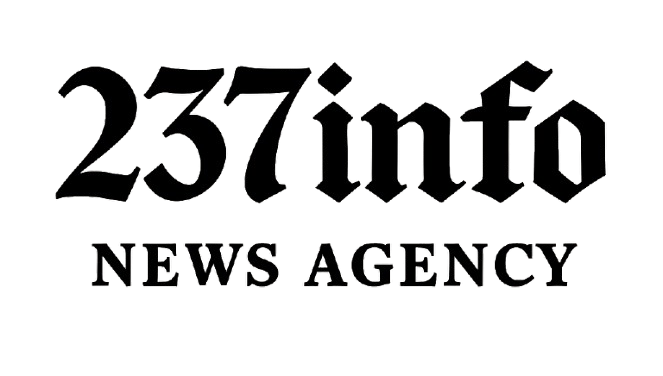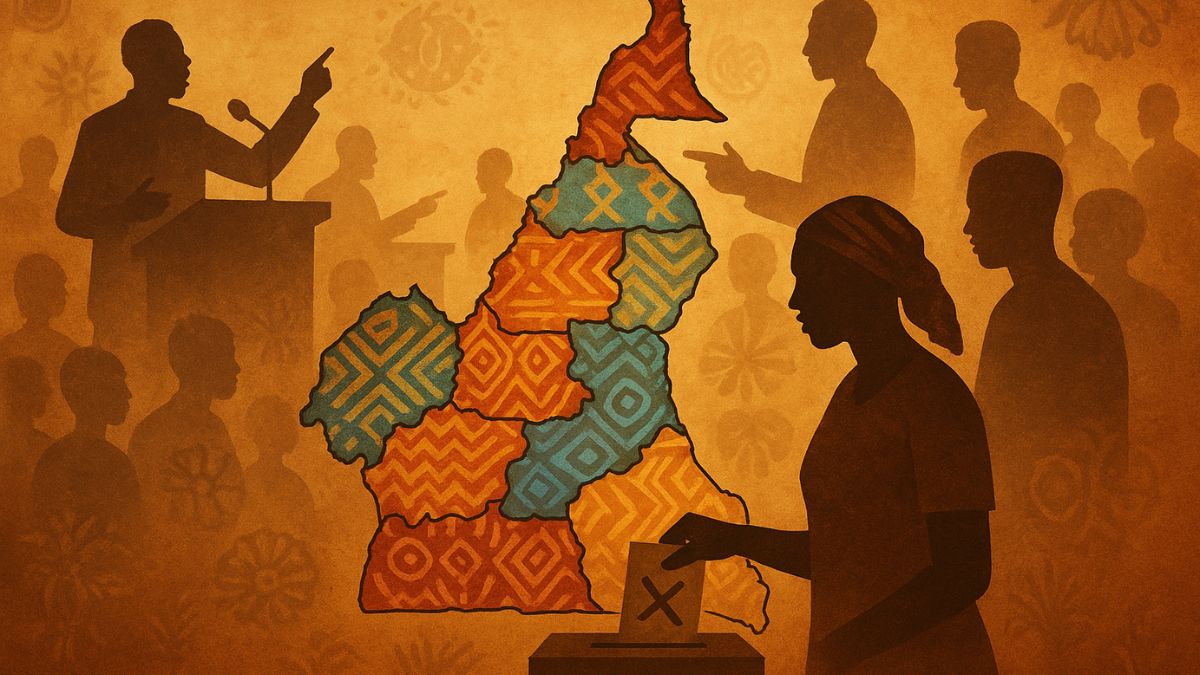Cameroon is a richly diverse nation, often described as “Africa in miniature” due to its linguistic, ethnic, and geographic diversity. With over 250 ethnic groups and two official languages—French and English—Cameroon’s pluralism should be a source of national strength. However, it also presents complex political challenges. One of the most persistent and influential issues in the country’s democratic process is tribal or ethnic-based politics.
How tribal politics shapes elections in Cameroon is a question that cannot be overlooked when analyzing the country’s electoral outcomes, governance structures, and national cohesion. In this blog post, we explore the roots of tribal politics, its manifestations in contemporary elections, and the implications for democracy and unity in Cameroon.
The Roots of Tribal Politics in Cameroon
Tribal politics in Cameroon dates back to the colonial period, when administrative divisions and policies reinforced ethnic distinctions for easier governance. Under both German (1884–1916) and later French and British rule (1916–1960), ethnic groups were often pitted against one another to maintain control. Chiefs were appointed based on loyalty to the colonial powers, not legitimacy among their people.
At independence, Cameroon was already a fragile union of diverse communities. Instead of fostering a civic national identity, post-colonial leaders often relied on ethnic networks for political support. Over time, tribal identity became intertwined with political patronage, civil service appointments, and electoral loyalty.
Tribalism and Electoral Strategy
Ethnic Voting Blocs
One of the clearest ways tribal politics shapes elections in Cameroon is through ethnic voting blocs. Politicians often draw their strongest support from their home regions or ethnic kin. For example:
- The Beti-Bulu ethnic group, which includes President Paul Biya’s sub-group, has consistently supported the ruling Cameroon People’s Democratic Movement (CPDM). The Centre, South, and East regions are often considered CPDM strongholds.
- The Bamileke people, a dominant ethnic group in the West Region, have largely aligned with opposition parties such as the Cameroon Renaissance Movement (MRC) led by Maurice Kamto, who himself is Bamileke.
- In the Far North, ethnic and religious dynamics influence support for smaller parties like the National Union for Democracy and Progress (UNDP) and the MDR, often as part of strategic alliances with the CPDM.
These voting patterns are not just coincidental; they reflect deeply rooted allegiances where ethnic identity often supersedes ideology or policy in determining political loyalty.
Political Appointments and Patronage
Cameroon’s government is highly centralized, with power concentrated in the executive. Political appointments, including governors, ministers, and directors of state corporations, are often perceived to reflect ethnic balancing—or ethnic favoritism.
A key criticism against President Biya’s administration has been the overrepresentation of individuals from his Beti-Bulu ethnic group in strategic government and military positions. This creates a sense of marginalization among other groups and reinforces the belief that elections are less about national unity and more about maintaining ethnic dominance.
The Role of the Anglophone-Francophone Divide
While tribal politics typically refers to intra-ethnic divisions, in Cameroon, it intersects sharply with the Anglophone-Francophone divide. The Northwest and Southwest regions, home to Cameroon’s English-speaking minority, have long complained of marginalization in politics and resource allocation.
This divide has shaped electoral behavior and national politics:
- Anglophone regions were once bastions of opposition, particularly for the Social Democratic Front (SDF) founded by Ni John Fru Ndi from the Northwest.
- Since the outbreak of the Anglophone Crisis in 2016, voter turnout in these regions has declined significantly, due to both violence and growing disillusionment with a system perceived as Francophone-dominated.
- Calls for federalism or secession have gained traction, largely driven by the perception that Anglophones are excluded from real political power, despite their numerical minority.
Thus, linguistic identity—closely tied to colonial history—has become another axis of tribal politics that shapes the electoral map.
The Role of Traditional Rulers
In many rural and semi-urban communities, traditional rulers and chiefs still wield significant influence. During elections, politicians frequently seek endorsements from these figures, who can sway entire villages or ethnic clans. While this can be seen as respecting cultural institutions, it also entrenches identity-based voting.
The government often co-opts traditional rulers into supporting the ruling party by offering them positions, land, or development projects. In turn, this weakens their neutrality and turns cultural leadership into a political instrument.
Negative Impacts of Tribal Politics
1. Undermines National Unity
When political competition is viewed through an ethnic lens, national identity suffers. Citizens begin to see the government not as a representative of all Cameroonians, but as an ethnic coalition advancing its own agenda. This erodes trust and unity, especially in multi-ethnic urban centers like Douala and Yaoundé.
2. Promotes Mediocrity and Corruption
Ethnic favoritism often leads to the appointment of individuals based on loyalty rather than competence. This breeds inefficiency, weakens institutions, and fuels corruption. Civil servants and military officers may feel more accountable to their ethnic networks than to the state.
3. Fuels Conflict and Resentment
Tribal politics fosters exclusion. Groups that feel marginalized may agitate for autonomy or rebel against the system, as seen in the Anglophone regions. Moreover, inter-ethnic rivalries can escalate into violence, especially during tense election periods.
Are There Efforts to Address Tribal Politics?
Cameroon’s constitution and electoral laws do not formally recognize ethnic groups, and the government often denies the existence of tribalism as a major issue. However, some efforts—both governmental and civic—have emerged:
- Decentralization laws (especially those of 2019) aimed to give more autonomy to local governments, theoretically allowing all regions to have a say in their development priorities.
- Youth-led movements and NGOs are increasingly advocating for national unity and merit-based leadership, particularly through civic education campaigns.
- Religious and academic institutions have called for a “Cameroonian identity” that transcends tribal boundaries, though these calls remain more aspirational than impactful at the national level.
Still, the lack of political will to restructure electoral systems—such as redrawing constituencies, reforming political parties, or strengthening anti-discrimination measures—means tribal politics remains deeply embedded.
The Way Forward: Can Cameroon Overcome Tribal Politics?
To move beyond tribal politics, Cameroon needs institutional and cultural reforms that foster national cohesion:
- Strengthen National Institutions: Make appointments based on merit and transparency, not ethnic or regional balance alone.
- Electoral Reform: Encourage issue-based politics through independent electoral bodies and fair media access for all candidates.
- Civic Education: Invest in programs that promote national identity, tolerance, and critical thinking, especially among youth.
- Genuine Decentralization: Empower regional governments to manage local affairs, reducing competition for control at the center.
- Inclusive Dialogue: Address the root causes of exclusion, especially in Anglophone regions, through inclusive national dialogue and power-sharing mechanisms.
Conclusion
How tribal politics shapes elections in Cameroon is a reflection of broader societal challenges: colonial legacies, centralized governance, and limited civic engagement. While tribal identity is a natural part of human society, its politicization in Cameroon has led to division, inefficiency, and conflict.
The country stands at a crossroads. With rising youth consciousness, growing demand for democratic accountability, and the 2025 elections on the horizon, Cameroon has a chance to redefine its political culture. Overcoming tribal politics will not be easy, but it is essential for building a more united, democratic, and prosperous nation.

